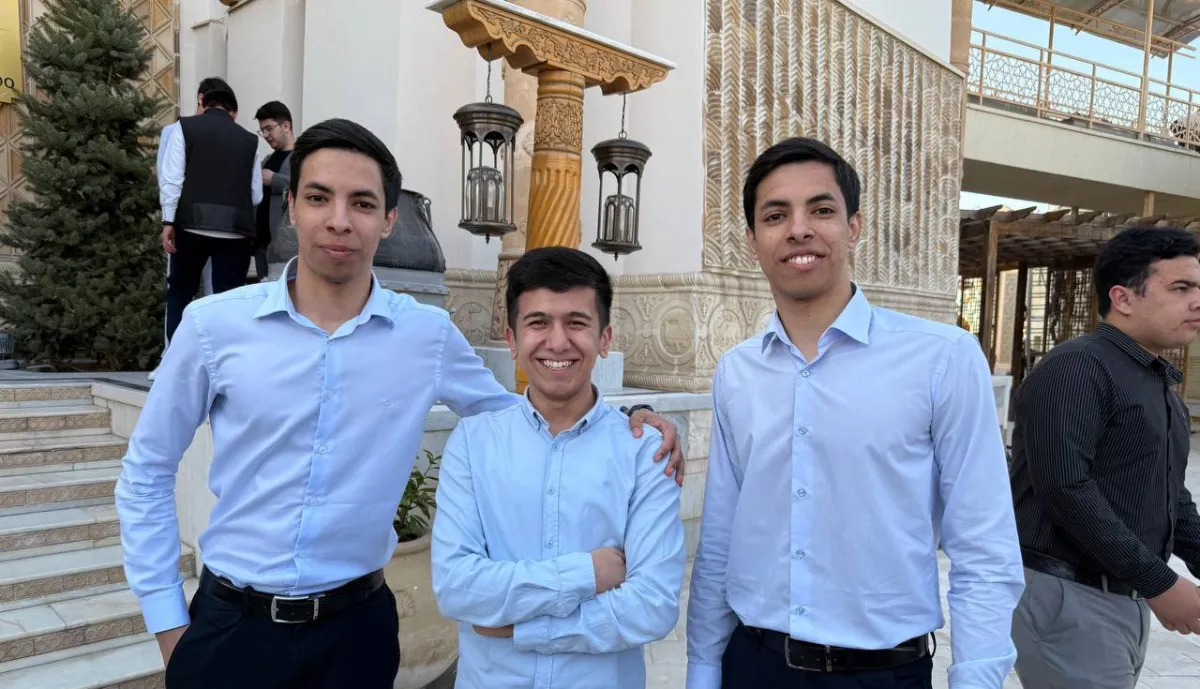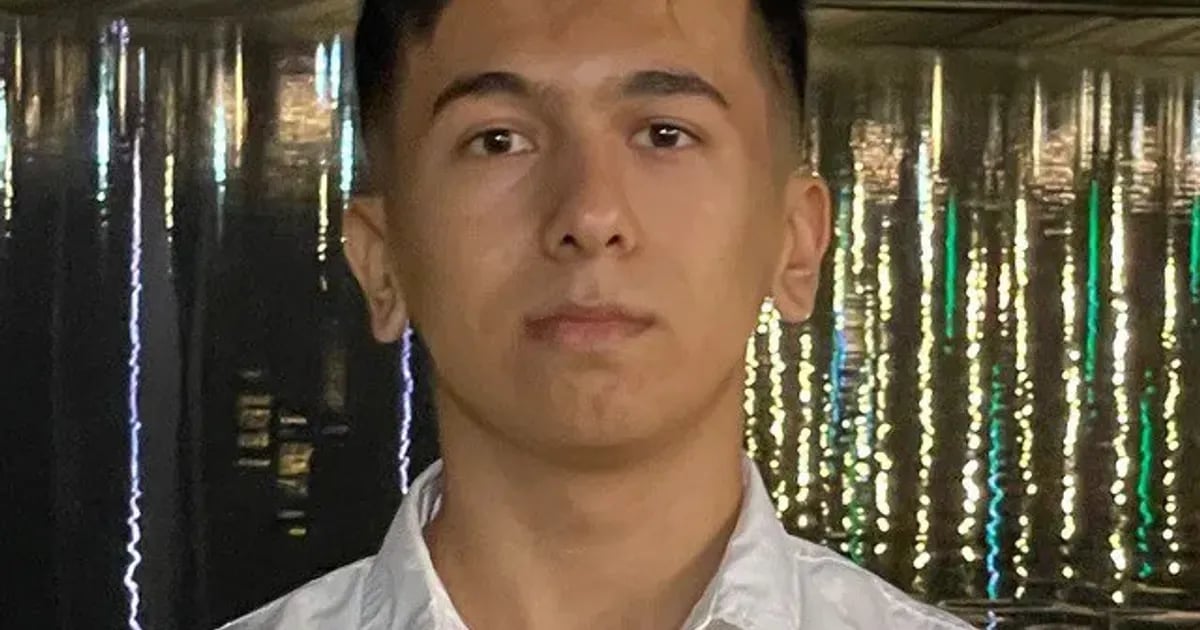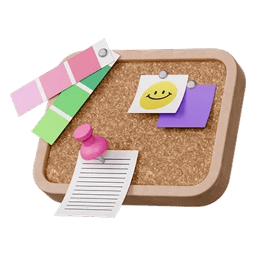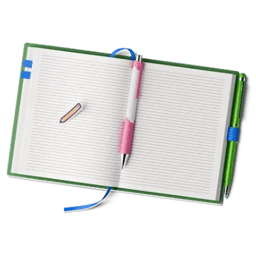Background
I come from Samarkand, Uzbekistan. I went — and still go — to a public school. It's not a private school or one with IB or AP programs. It’s just an ordinary school following the national curriculum. We didn’t even learn English at my school; we learned German. While many schools in Samarkand focus on English and international exams, mine wasn’t one of them.
In my city, it’s common for students from other schools to score 1500+ on the SAT or 8.5 on the IELTS and apply to top universities abroad. But at my school, things were very different. Even after I scored 8.0 on my IELTS and 1550 on my SAT, nobody really noticed. I even went to my principal and other teachers to share my news, but no one cared. Students at my school usually just focus on taking German Language Certificates, national exams, and going to local universities.
Despite that, I didn’t let it stop me. I kept dreaming about studying abroad. And slowly, I noticed a change. After I got my SAT score, some students started to think about studying abroad too. A few even took gap years to prepare. I began hearing students in the corridors talking about the SAT, IELTS, and universities in the USA and Canada. I guess, somehow, I started a small fire at my school.

How I Decided to Study Abroad
My journey to wanting to study abroad actually started with swimming. I had been swimming since I was four years old and became a professional athlete. I even won national competitions two years in a row. But because of my family situation, I couldn’t travel abroad for international competitions. After two years of missing opportunities, I slowly left professional swimming behind when I was around 15.
That’s when I decided to enroll in a local language center to study English. My first goal was simple: get a 5.5 on IELTS, do well on the national entrance exam, and go to a local university. But as I studied, I saw classmates doing better on mock exams. It motivated me to work harder. I took my first IELTS exam in December 2023 and got a 6.5, which was lower than everyone expected. It was a hard moment.
Still, I dedicated three more months just to IELTS preparation. I was supposed to take the exam on February 14th, but I lost my passport the day before. I missed the exam, registered again, and finally scored a 7.5 in March.
After that, I started preparing for the SAT. That’s when I met a group of amazing people. We formed a "kompashka," a small circle of friends preparing together.

Meeting my kompashka changed my life. At first, I was hesitant. I thought I should only be friends with Uzbeks because that’s what I have been taught. However, most of my friends were from different nationalities - Tadjiks, Azerbaijanis, and Iranians. They showed me that there was nothing wrong with building friendships across cultures. Thanks to them, I worked harder, pushed myself, and could dream about studying in the U.S.
Another turning point was meeting Boburjon, a student at Johns Hopkins University. In early 2024, I texted him a simple message: "Assalamu alaikum, Bobur aka. I really want to go to MIT. What should I do?" He replied and told me to focus on IELTS and SAT.
Over time, we grew closer.
Eventually, Boburjon invited me to join his “Ivy Bridge” and full support programs at B&S Admissions, a college preparation agency. He didn’t charge me anything because he knew my family situation — that only my mom and I were supporting ourselves. Thanks to his help, I received full guidance and support through the complicated application process.
Freelancing: How I Supported Myself
Since I was about 12 or 13 years old, I had been freelancing to help my family. I didn’t know English back then, so I used Deepl to translate messages.
I applied for every kind of freelance job I could find (creating presentations, translating texts, writing articles). Later, I realized that people in Computer Science (CS) earned more, so I started teaching myself basic coding. I had no passion for CS at first. I just knew I needed to earn money to help my mom, who couldn’t work because of her health.
My first project was building a full online store, which had more than 40 pages, for just $5. I didn’t sleep for almost two weeks to finish it. Sometimes I accepted projects even though I didn’t know the stack at all. For example, once I got a job to create a landing page with React. I didn’t even know what React was! I spent two days and nights learning it from scratch, reading every guide I could find, and completed the project on time.
This pressure taught me discipline, hard work, and how to learn quickly. It wasn't easy. Most days, I went from school to swimming practice to sitting in front of the computer until late at night. My mom would just peek into my room to make sure I was still alive.
It was hard, but I loved it. Sometimes, when I was too tired, I played computer games like Dota. For a while, I even dreamed of becoming a professional Dota player!
Why I chose the USA
At first, I started preparing for university applications because my friends encouraged me, but a deeper reason became clear only later. I realized that if I applied to universities in Uzbekistan, or even Nazarbayev University in Kazakhstan, I would be forced to choose a specific major right away. And honestly, I didn’t know what my major should be. I’m good at software engineering, but I didn’t want to spend four years learning something that I could master from YouTube tutorials.
The U.S. offered me something much more valuable: freedom. With systems like Colby’s, I could take a variety of courses before deciding on my major. I could explore. I didn’t want to be stuck studying something just because my parents or society expected it.
As for other countries, I briefly considered applying to South Korea, aiming for SKY universities like Seoul National University, Yonsei, Korea University, and even KAIST.
Why I Chose Colby College Specifically
There are so many reasons why Colby fits me perfectly:
Location: I grew up in Samarkand, a relatively small city. When I visited Tashkent, the massive metros and skyscrapers overwhelmed me. Big cities aren’t for me. Colby is located in Waterville, Maine — far from any major city, surrounded by forests, rivers, and mountains. It’s literally my dream setting.
Nature: After I quit competitive swimming, I stayed active by organizing hiking trips with younger kids to the Zarafshan River and the mountains. At Colby, I can continue that lifestyle: hiking, exploring, connecting with nature.
Generosity: Colby is one of the most generous liberal arts colleges financially. Their full-ride offer to international students is extremely competitive (only about 10–20 international students per year receive full financial aid).
Language Learning: Even though Colby officially offers Japanese, Spanish, and some other languages, they have a self-instructional program. That means they hire a native speaker to tutor you, and Colby pays for it. I plan to learn Korean this way, preparing for potential exchange semesters in Korea.
In short, applying to Colby wasn’t just a random choice. It turned out to be the perfect fit.
Stats
SAT: 1550 (English 760, Math 790)
IELTS: 8.0
GPA: 4.84 / 5.0

Extracurricular Activities
1. Freelancing
For the last six years, I have completed more than 300 freelance projects. I also earned “Top Freelancer” badges on several freelancing platforms.
2. Research Paper on Treating PTSD using VR Glasses
Over the course of several months, I worked on a research project that studied PTSD phobias using VR glasses on individuals with psychological illnesses, with a focus on cat phobias. We created a dedicated space where people could spend time with cats. We collected daily samples and observational data
Advice: If you want to do research, don’t wait for an international professor from the U.S. or Europe to respond to your email. Go to your local university. That’s what I did.
In Samarkand, I went to the State Medical University and approached a professor directly. I stayed after school, during her office hours. I just showed up and helped however I could.
3. Animal Welfare Volunteering Group
With a few friends and support from our history teacher, we started a small club at school focused on rescuing stray animals, mostly dogs and cats, from the local region. We partnered with shelters, found homes for the animals, and covered expenses with school support.
4. Water Polo & Lifeguard Coaching / Youth Camp Organizer
Though I was once a competitive athlete, I didn’t highlight most of my awards. What I did include was my part-time role as a coach and lifeguard trainer for a local water polo team, Delfin. Additionally, I organized summer trips for children to the Zarafshan River, to the mountains, and other local places. I planned everything, ensured their safety, and guided them.
5. Competitive Coding & Online Help Communities
I was active on platforms like LeetCode, Stack Overflow, and Habr. On Stack Overflow and Habr, I answered over 300 questions to help people solve coding problems. On LeetCode, I’ve solved more than 200 problems.
6. Knitting
Sometimes, when I have nothing to do, I just sit and knit purr-fect sweaters for cats, laptop covers, and so on.
My Personal Statement: From Riverbank to Basement to Scholarship
I wrote my personal statement about three abandoned cats I found in a cardboard box near the river. Someone had left them there, most likely to kill them. I didn’t think twice. I picked up the box and ran home.
But there was a problem. My mom has a strong allergy to cats, and I wasn’t allowed to bring animals into our house. So I hid them in our basement. I cleaned out a corner, set up a space, and started taking care of them in secret. Every day before and after school, I fed them, cleaned up after them, and just sat with them. That basement became my entire world.
There was only one charger and one internet connection down there, but that was enough. I did everything from the basement: my freelance jobs, my SAT prep, my IELTS prep. The cats stayed with me the whole time. I never forced them to stay. The basement door was open, and they always came back.
Taking care of those cats wasn’t just about helping animals. It was personal. In Uzbekistan, especially in my city, Samarkand, animal cruelty is something that is too common. It’s seen as normal. That really hurt me. I love animals, and I couldn’t understand why people acted that way. Writing about this in my personal statement was my way of fighting back against that mindset.
I started the essay with the scene at the riverbank, which probably surprised the reader because the essay was titled How I Made Money. I wanted it to be unexpected. People might assume the essay would be all about freelancing or tech skills. But it wasn’t really about that. Yes, I did mention how I worked as a freelancer from the basement. But the heart of the essay was always about those cats, about kindness, and about challenging cultural cruelty.
I applied as a computer science major. But if you read my essay, you might have thought I was going for political science. That’s okay. I didn’t want to force my major into the story. I just wanted to be honest.

My Application Timeline and Resources
I wrote my essays in the last 15 days of December. Yes, that’s late, but I already knew what I wanted to write about. I had a clear idea of my message.
I got a lot of support from Boburjon. I also used Crimson Education’s free materials.
I didn’t waste time on outdated books like 50 Successful Ivy League Essays. That book, I believe, is useless now. I focused on updated, real examples. And I didn’t join summer camps to build my resume. I went to one camp in Uzbekistan with four of my friends just to relax and eat free food. That’s it.
The Big Picture: It All Has to Make Sense
When you apply, make sure your whole application tells one story. Every activity should have a reason. Not just what you did, but why.
Let me show you how I thought about it:
Freelancing? I needed money. My mom couldn’t work, and my parents were divorced.
Research? I wanted to learn how to help my mom with her PTSD.
Animal welfare? I saved cats. I wanted to save them from animal cruelty.
Trips outside the city? I don’t like big cities. I love nature. I wanted to give others the same chance.
Everything in my application had a reason. I wasn’t trying to be impressive. I was trying to be honest.
Advice for Writing Your Essay
There’s no such thing as a cliché topic. There is only a cliché way of writing. You can write about anything. For example, you can write about your school, your hobbies, or even your daily life. You don’t need to exaggerate.
The best essays I’ve seen, including my own, share one common principle: they address a problem that genuinely connects the author’s life to a problem in their country and demonstrate their efforts to address it. For me, that was animal cruelty. For others, it might be language loss, family history, or another significant factor. The key is authenticity. Admissions officers are interested in understanding your motivations, not just your actions, but why you took them.
If you want to check if your application feels “connected,” give it to someone who knows you well. Ask them, “Does this sound like me?” If your friend reads your essay and says, “Yes, that’s you,” then you’ve done it right. If it could belong to anyone else, then go back and make it more personal.
For more advice, follow me on Telegram.








